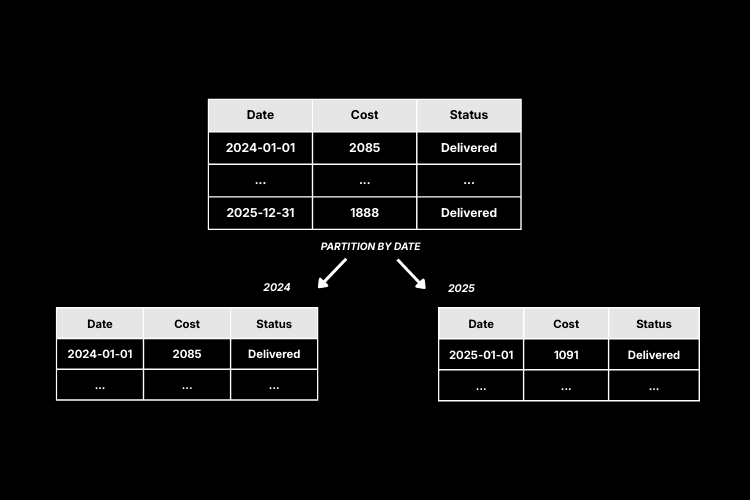What are modern ELT/ETL tools?
As you likely already know, ELT stands for Extract, Load, and Transform, and is a commonly used data integration technique. With the rise of cloud-based data warehousing, more data specialists are opting for an ELT approach rather than the more traditional ETL approach, in which data is transformed before it’s loaded into the data warehouse.
Read more on the difference between ELT and ETL →
So as you might have guessed, ELT tools are the software and apps that perform ELT functions for you. Many of them have pre-built pipelines to make streaming data into your data warehouse faster, easier, and more efficient without the need for custom code. But not all ELT software is built the same, and some are better suited than others depending on your team’s context and the greater data stack you’re working with.
Keep reading to find the right ELT tool for your purposes!
What is Fivetran?
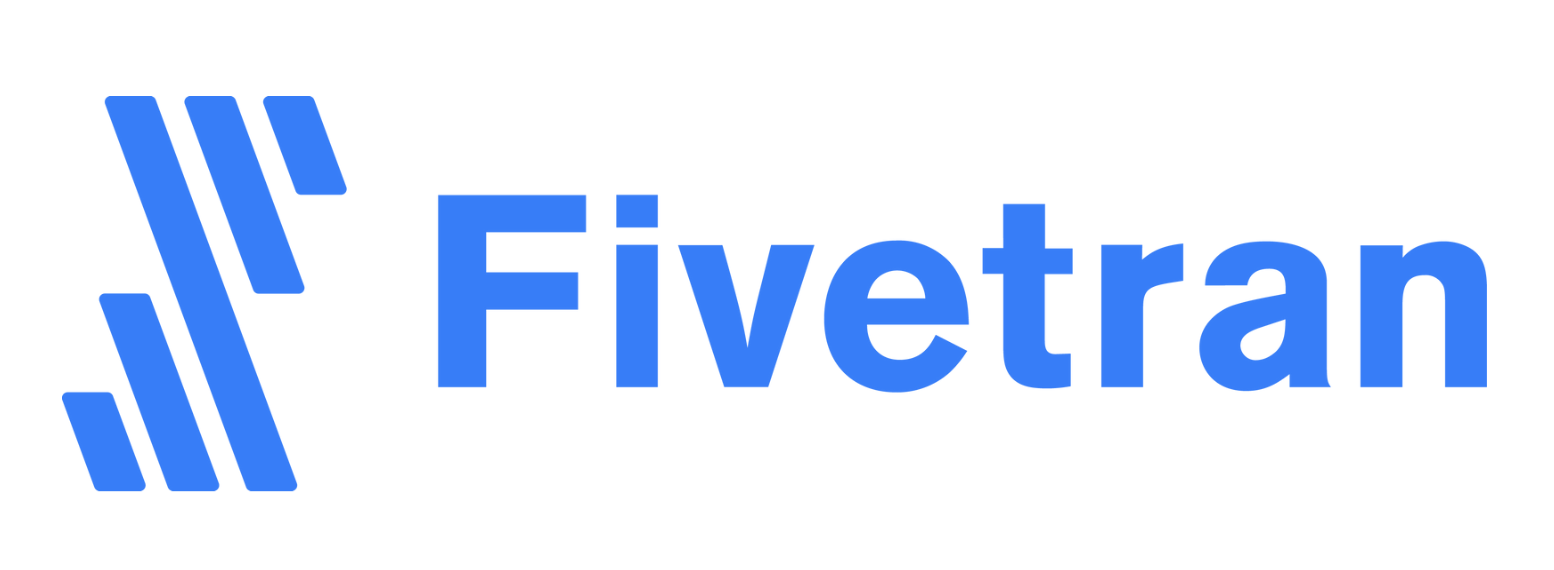
Fivetran is a cloud-based Extract-Load-Transform (ELT) platform that allows businesses to connect their data sources and automate the processes of extracting and loading (ETL) data into warehouses and databases such as Google BigQuery Snowflake or Amazon Redshift. It provides more than 300 pre-built connectors that enable users to quickly connect with any third-party service, database, or application such as Salesforce, Google Analytics, Facebook, and Shopify without having to write custom integration code.
Additionally, it allows users to replicate their databases in near real-time while also taking care of the transformation steps required for analysis purposes ensuring accuracy within its processes overall.
From a review on G2:
“If starting from scratch, try to ensure you are using the full list of preferred data stack.”
Pros:
- Wide variety of connectors
- Easy setup, low maintenance, and scalability with pre-built connectors
- Robust security protocols
- Very detailed and helpful documentation
- Near real-time replication capabilities
Cons:
- Depends on DBT for data transformations
- Has no reverse ETL capabilities
- Extremely complex pricing model to understand and predict
- Gets expensive very fast
- No option to transform data before loading it into your warehouse
Overall, Fivetran provides a powerful ELT (Extract-Load-Transform) solution that is quick to set up with its wide range of pre-built connectors and near real-time data replication capabilities but there are also obvious drawbacks.
Let's explore 10 great alternatives to Fivetran!
1) Weld

Weld is an ETL platform that combines ELT, data transformations, and reverse ETL in one powerful platform. Weld provides a simple, user-friendly interface and is well-suited for smaller data teams that require a modern, but also affordable solution for batch and close to real-time data integration.
“Weld is incredibly user-friendly. The graphical interface is intuitive, which makes it easy to build data workflows quickly and efficiently. Even with little experience in SQL and pipeline management, we found that Weld was straightforward and easy to use.”
Pros:
- Premium quality connectors and reliability
- User-friendly and easy to set up
- AI assistant
- The very competitive and easy-to-understand pricing model
- Reverse ETL option
- Lineage, orchestration, and workflow features
- Advanced transformation and SQL modeling capabilities
Cons:
- A limited number of connectors
- Only works for Google BigQuery and Snowflake data warehouses
- Limited features for very advanced data teams
- No DBT integration
- Only has ELT option - no ETL capabilities
To learn more about how Weld can power your data operations, book a call with one of our data specialists or sign up free today.
Weld pricing
We offer a 14-day free trial for you to start exploring your data, and you can discover the details of Weld’s pricing options on our page →
2) Stitch Data
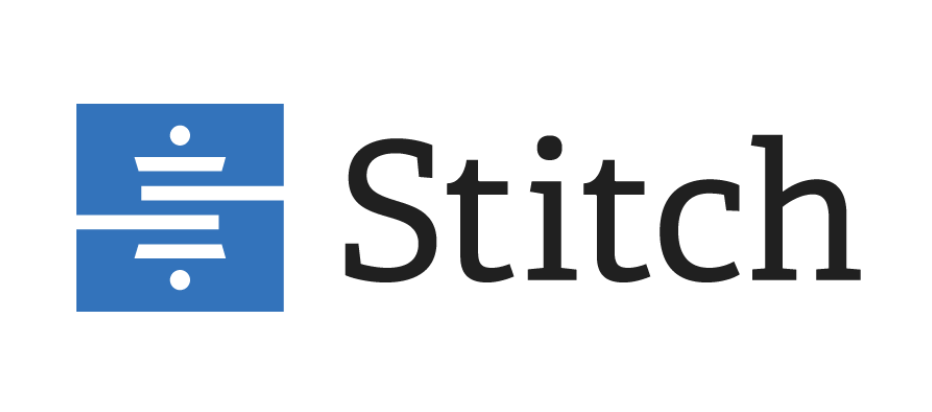
Acquired by Talend in 2018, Stitch Data is a cloud open-source and developer-focused ELT platform that offers no-code connectors to bring data into your warehouse. Stitch offers compatibility with a broad range of data sources and destinations. It also enables customers to construct new sources based on Singer's standards, an open-source toolkit designed for scriptwriting.
"Stitch is an affordable tool for bringing data "as is" from the various data sources (Google Ads, Salesforce or even MySQL) to a data warehouse (Redshift, Snowflake, BigQuery, etc.)"
Pros:
- Easy to setup and use
- A cost-friendly pricing model that's easy to understand and based on usage
- Integrates with Talend
- Includes transformations with JSON
- Fully managed no-code ELT data pipelines
Cons:
- Require deep technical knowledge to get full value out of the platform
- The quality can vary a lot between different connectors as they are not maintained by Stitch
- Depends on the Singer open source framework which can break without notice
3) Talend
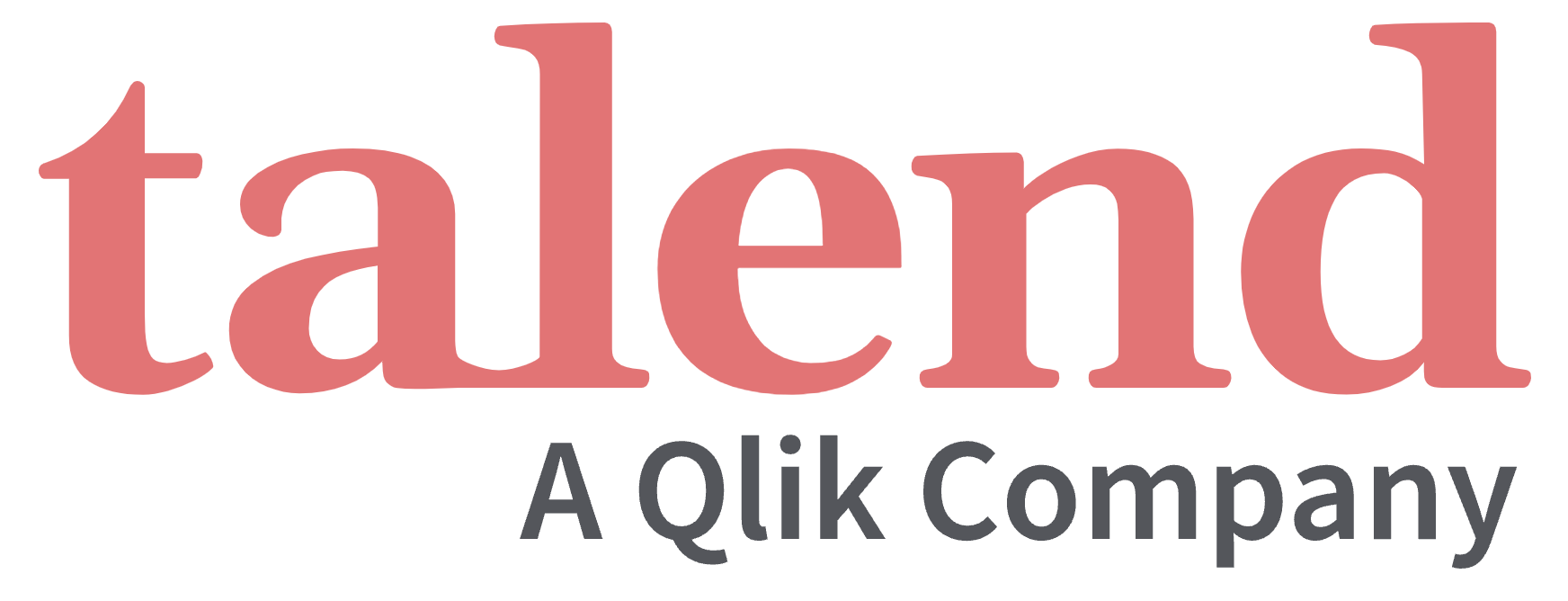
Next up on the list is Talend’s data integration tool, one piece of the broader Talend Data Fabric platform. Talend’s complete software is a robust data solution that goes beyond data integration to also encompass data quality management, data integrity and governance, application and API integration, and more.
With both ELT and ETL capabilities, Talend is a good option for those with on-premise data warehousing and/or a cloud-based data warehouse. Geared towards larger enterprises, the complete Talend product is generally best suited for seasoned experts and large, mature data teams.
As a reviewer on Gartner states:
“The tool is great but requires a learning curve.”
Pros:
- Large number of connectors
- Robust feature set
- Lots of advanced features for larger enterprises and data teams
- Has both ELT and ETL capabilities
- On premise options
Cons:
- Expensive for small businesses
- Steep learning curve for non-technical users
- Requires a large upfront investment and implementation
4) Hevo Data
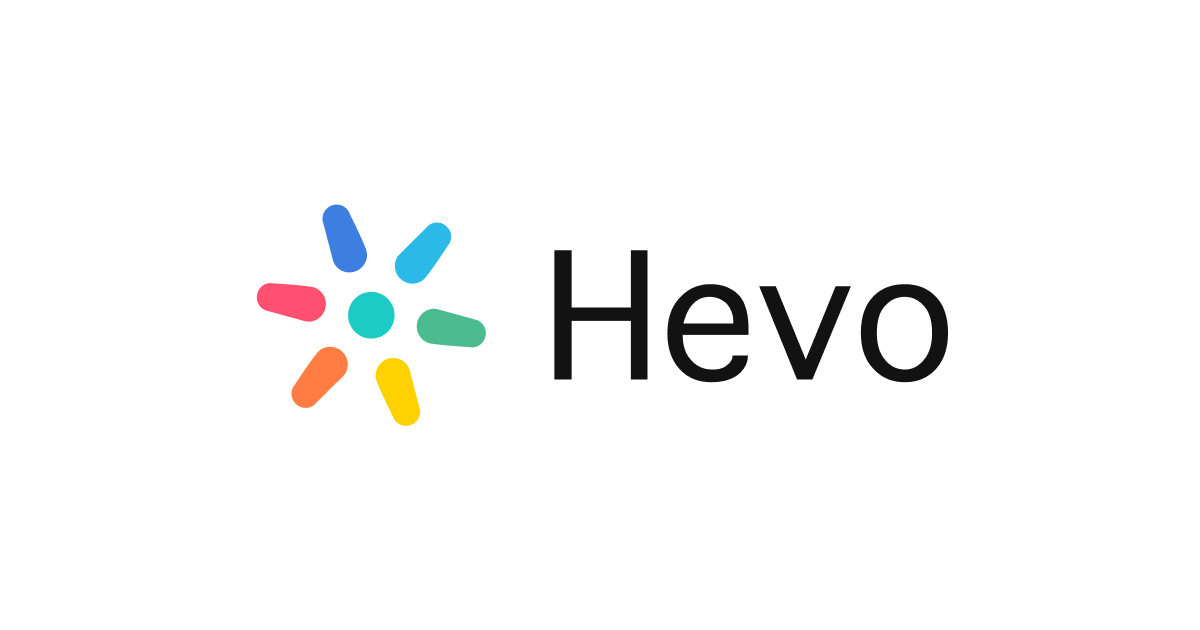
Hevo Data has ETL, ELT, and reverse-ETL capabilities, and is code-free with integrations to various tools and data warehouses. For non-technical users who want to get up and running with their data, Hevo can help.
That said, experienced data specialists may wish for some more technical depth in the platform, giving them room to do more complex work.
As one reviewer on G2 puts it:
“Hevo is really good for normal pipelines, but it has some limitations for more complex use cases.”
Pros:
- Supports both ELT, ELT, and reserve ELT
- Plenty of fully maintained connectors
- Great for non-technical users
- Simple UI that's easy to work with
- Affordable pricing
Cons:
- Limited features for more advanced use cases
- Limited custom scheduling features
- Only 50 connectors are available on the Free plan
- Lack of flexibility when wanting to edit pipelines
- Error messages and status codes could be better
5) Matillion

Matillion is a well-established data processing engine that offers advanced ETL/ELT and data transformation processes for larger enterprises.
As a reviewer on Gartner puts it:
"Matillion ETL Platform Enables Robust Data Pipelines Without Constraints"
Pros:
- Offers advanced ETL ELT processes for data transformation
- Native third-party integrations with AWS services
- Scalable pricing model
- Advanced transformation capabilities
- Includes on-premise options
Cons:
- Steep learning curve
- Git integration is lacking features
- Could have better documentation
- Can be expensive for smaller businesses
6) Segment
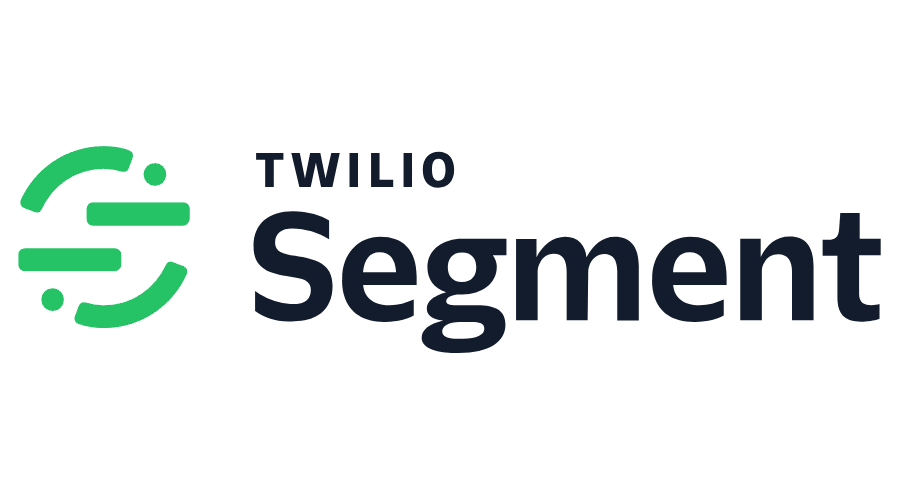
Acquired by Twilio in 2020, Segment is a Customer Data Platform (CDP) that offers real-time data connectivity and efficient data. Segment's core focus is gathering customer data through event tracking. It has unique features that allow you to segment your customers, and create personas and audiences for better targeting.
As pointed out in this Capterra review:
"Segment is a great tool, if you can afford it then you should start using it right now."
Pros:
- Real-time data integration capabilities
- Pre-built and maintained connectors for popular data sources
- Has advanced features for managing customer data
- Easy to setup and use
Cons:
- Quickly becomes very expensive
- Is purpose made for customer data and event tracking and thus lacks features outside of those areas
- Not suitable for only use for ELT
- Can have problems ingesting and working with historical data
- Heavily skewed toward sales and marketing platforms
- Custom integration or customization is really hard to do
7) Airbyte
An open-source data integration platform, Airbyte is a popular choice for those building a modern data stack. Airbyte boasts its collection of ELT connectors as well as the ability to build custom ones in the platform, a differentiator from other no-code ELT tools. Because building custom pipelines requires coding knowledge, this special feature will only benefit data specialists with solid coding abilities.
Airbyte is built to work well with DBT and SQL, so this is an important thing to note before deciding to use the tool.
In a review from Confessions of a Data Guy, he shares:
“If you don’t have workloads that currently use DBT or fit well into that model, this probably isn’t the tool for you.”
Pros:
- Open-source platform
- A really large number of connectors and destinations
- Easy deployment
- Managed cloud option
- Engineering-focused with advanced options to build your own connectors and features
- Has both ELT and Reverse ETL options
- Large community
Cons:
- More suited for advanced teams
- Require more maintenance
- The quality of connectors can vary because of open-source
- High dependence on community
8) Meltano

Meltano is another open-source data integration platform like Airbyte that is designed to help businesses build their own data integration pipelines.
The platform provides users with a wide range of integration options, including connectors for databases, APIs, and application logs. Additionally, Meltano provides extensive support for data transformation and orchestration and integrates well with several cloud-based data warehouses.
“The best thing about Meltano is that it's simple and easy to use. It's portable, so I can run it on the command line, or in a docker container, or in any number of orchestration tools.”
Pros:
- Open-source platform
- A really large number of connectors through Singer
- Offer an SDK to more easily build Singer taps and targets
Cons:
- No fully managed options so you need to deploy yourself (in Beta though)
- Requires high maintenance
- Limited data transformation capabilities (only through deep integration with DBT)
- Only has a limited number of connectors that are natively built outside of Singer
9) Rivery

Rivery provides a SaaS ELT-based Data Integration platform that enables the seamless loading of data from diverse sources and custom API-based platforms into your preferred data warehouse. While River lacks on-the-fly transformations, it offers Post-load Transformations as compensation.
“As a data analyst, I find the tool really easy to use; it's intuitive how you connect to the different data sources and create your data pipelines.”
Pros:
- Supports custom integrations though native GUI
- Has reverse ETL option
- Supports Python
- Has data transformation capabilities
- Great customer support
Cons:
- Lack of advanced error handling features
- Cannot transform data on the fly (ETL)
- Complex pricing model
- UI is lacking when working with larger complex pipelines
- Product documentation is lacking
10) Keboola
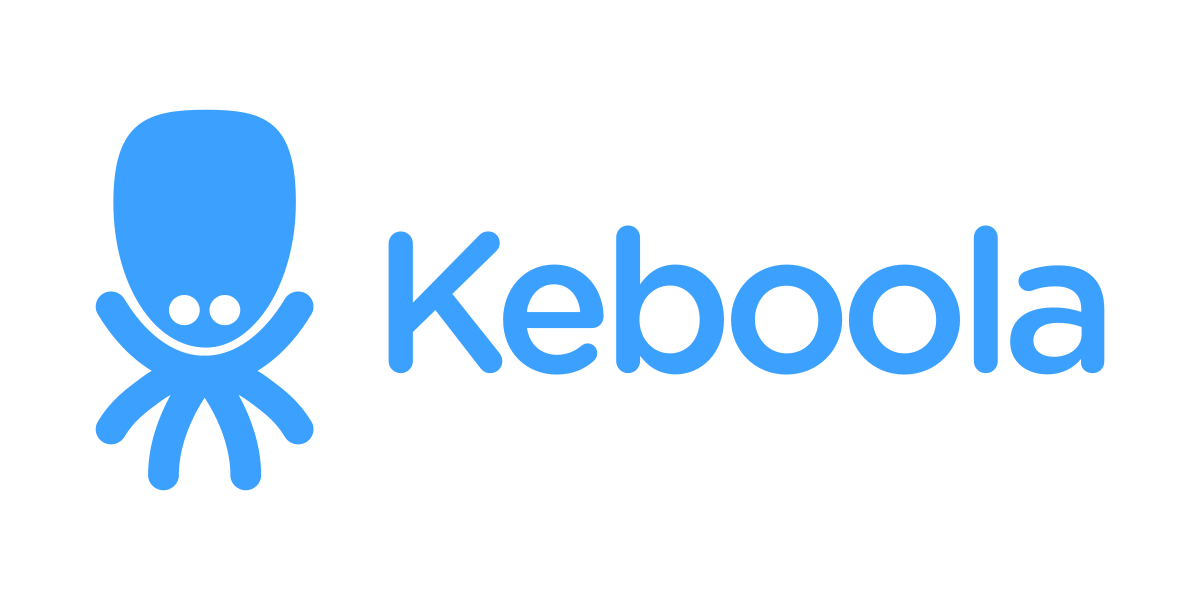
Keboola is a cloud based ETL platform for the advanced user with a great degree of flexibility and customization options. It offers import and export of data and support a wide range of languages and features so you do most of your data operations in one place.
"Keboola is powerful in extracting data from endless sources. In keboola you can organize your analytics and build your models with ease."
Pros:
- A very wide range of features
- Option to build custom components withe API first approach
- Transformations that support both ELT and ETL
- Fully managed data platform
- Good academy to learn
Cons:
- Complex UI
- Orchestration features are lacking
- Can quickly become expensive with the credit consumption pricing model
Comparison Table:
| Fivetran | Weld | Stitch Data | Talend | Hevo Data | Matillion | Segment | Airbyte | Meltano | Rivery | Keboola | |
|---|---|---|---|---|---|---|---|---|---|---|---|
| Connectors | 300+ | 100+ | 140+ | 100+ | 150+ | 110+ | 300+ | 350+ | 600+ | 200+ | 200+ |
| Pricing | $1,200 / 5 m active rows | $100 / 5m rows | $100 / 5m rows | Custom price | $299 / 5m rows | $2.00 per credit | $120/month 10,000 visitors | $2.50/credit (one million rows = 6 credits; 1 GB = 4 credits) | N/A | $0.75 per credit *100MB of data replication | Custom price |
| Free tier | YES | YES | YES | NO | YES | YES | YES | YES | NO | YES | YES |
| Location | US | DK | US | US | INDIA | UK | US | US | US | US | CR |
| ELT | YES | YES | YES | YES | YES | YES | YES | YES | YES | YES | YES |
| ETL | NO | NO | NO | YES | YES | YES | NO | NO | NO | NO | YES |
| Reverse ETL | NO | YES | NO | YES | YES | YES | YES | YES | YES | YES | YES |
| Transformations | NO (*with DBT) | YES | YES | YES | YES | YES | NO | NO (*with DBT) | NO (*with DBT) | YES | YES |
| AI Assistant | NO | YES | NO | NO | NO | NO | NO | NO | NO | NO | NO |
| On-premise | YES | NO | NO | YES | NO | YES | NO | YES | YES | NO | YES |
| G2 | 4.2/5 | 4.8/5 | 4.5/5 | 4/5 | 4.3/5 | 4.3/5 | 4.6/5 | 4.2/5 | 4.9/5 *only 7 reviews | 4.7/5 | 4.7/5 |
Conclusion
Selecting the right ETL tool is critical for the success of your data and analytics journey. In this blog post, we have provided a detailed overview of 10 top Fivetran alternatives and benchmarked them against each other.
Evaluate these options based on your business requirements and goals to find the perfect solution for your data integration needs.
Whether you are looking for a simple cloud-based solution or a comprehensive, customizable platform, there is an option on this list for every business.
To learn more about how Weld can power your data operations sign up free today.

.png&w=3840&q=75)
